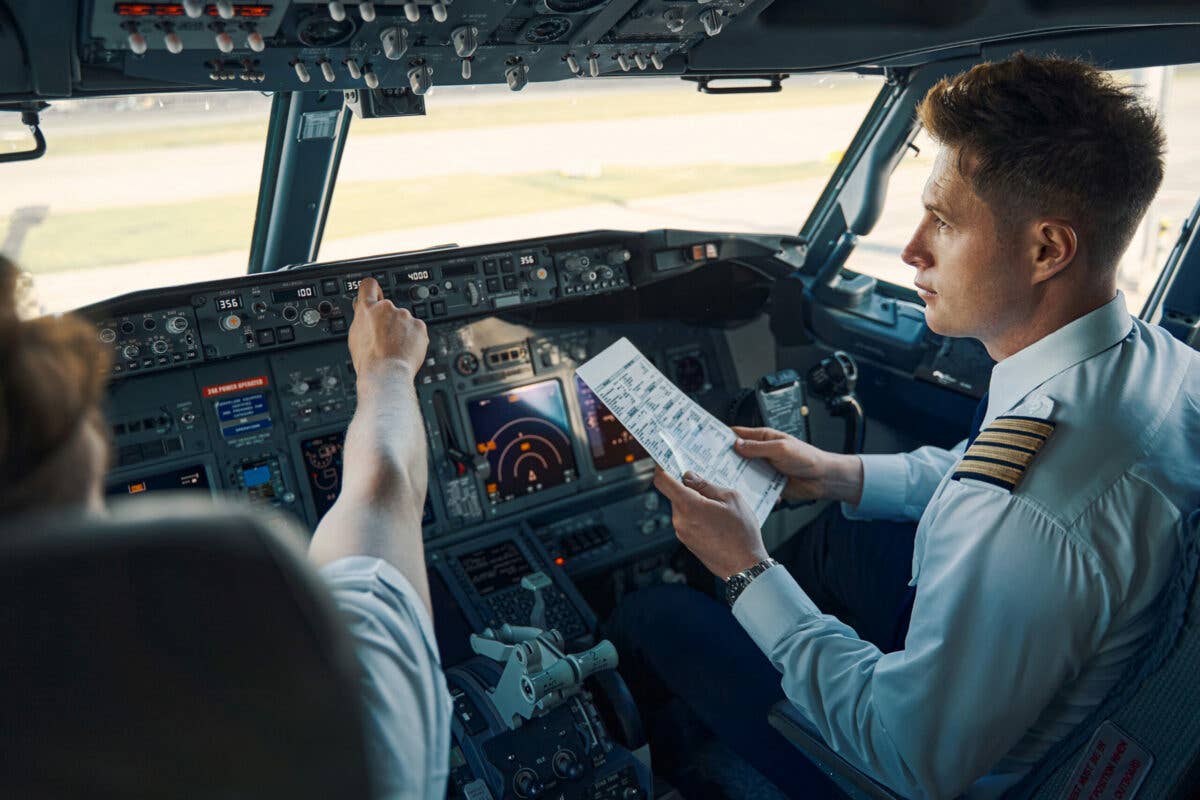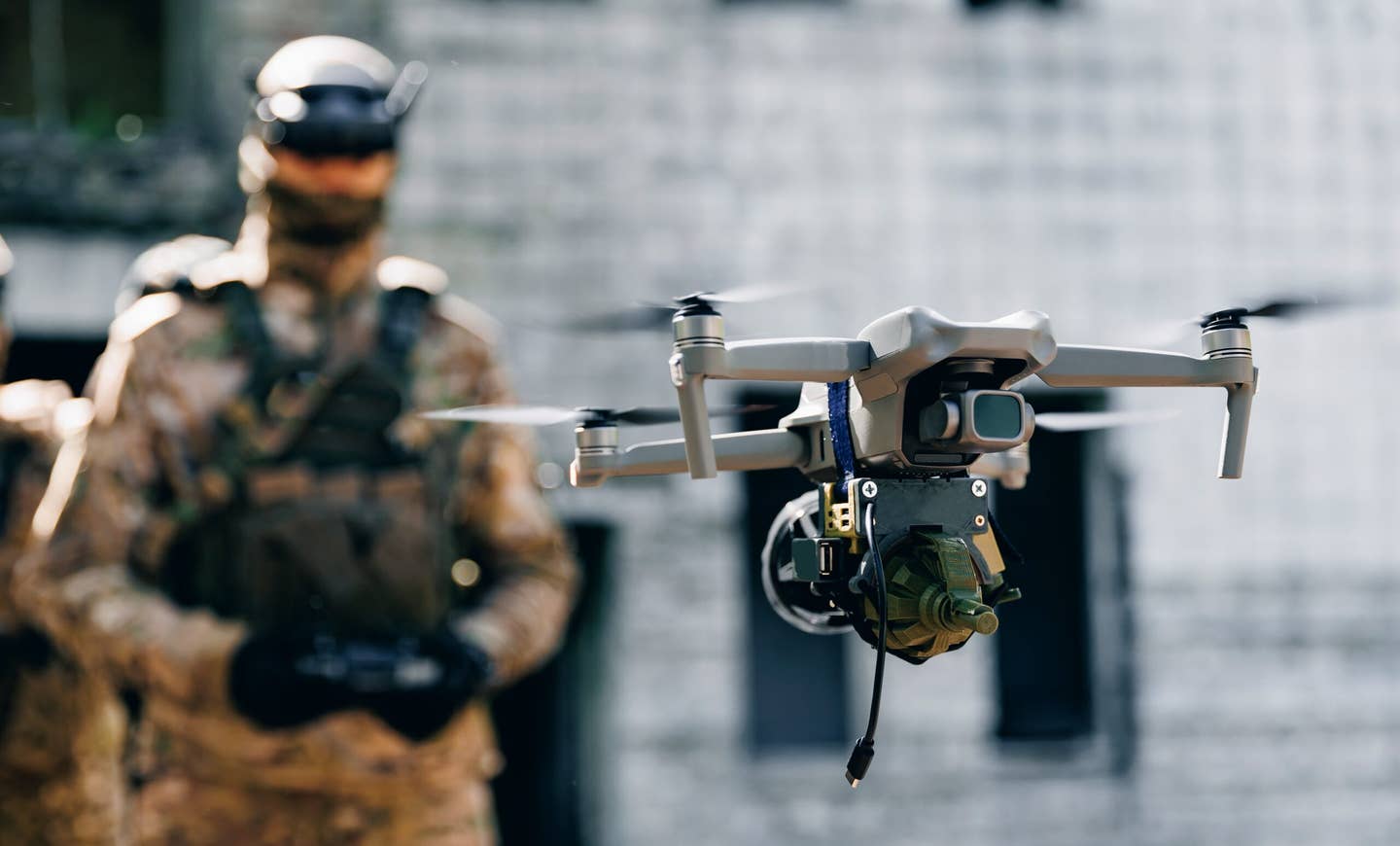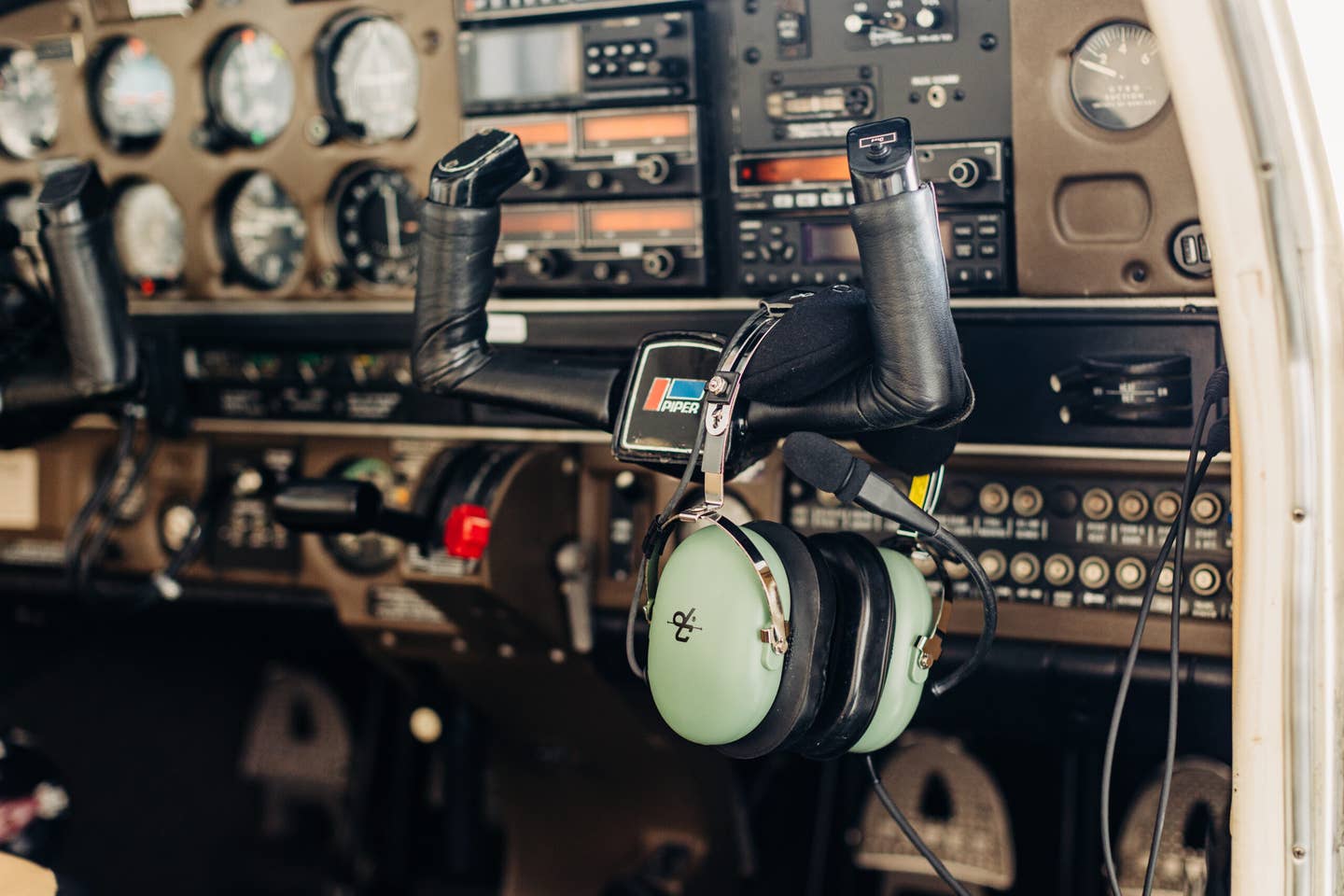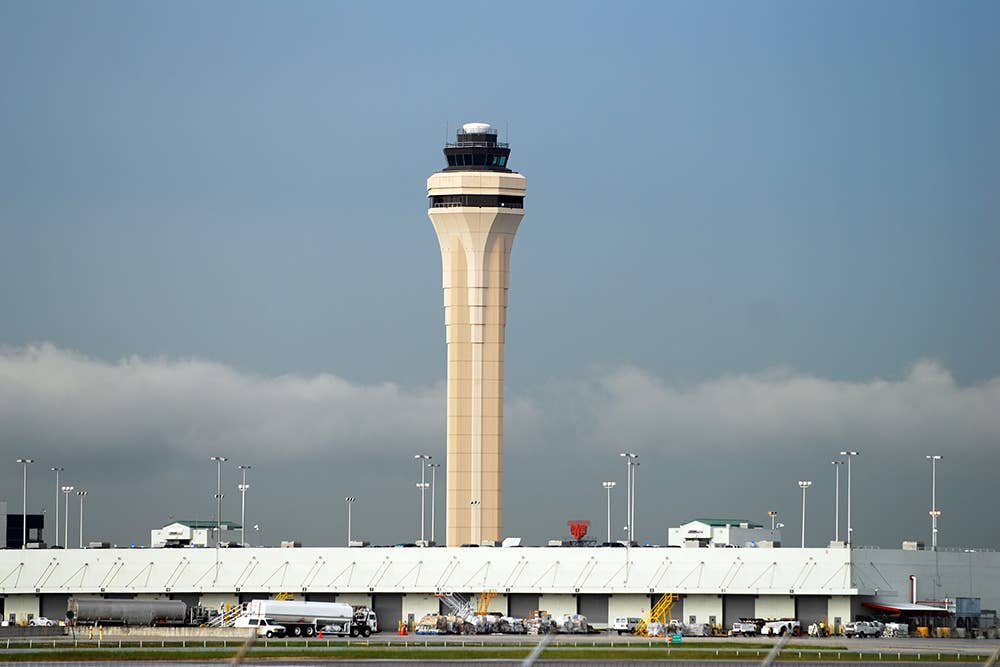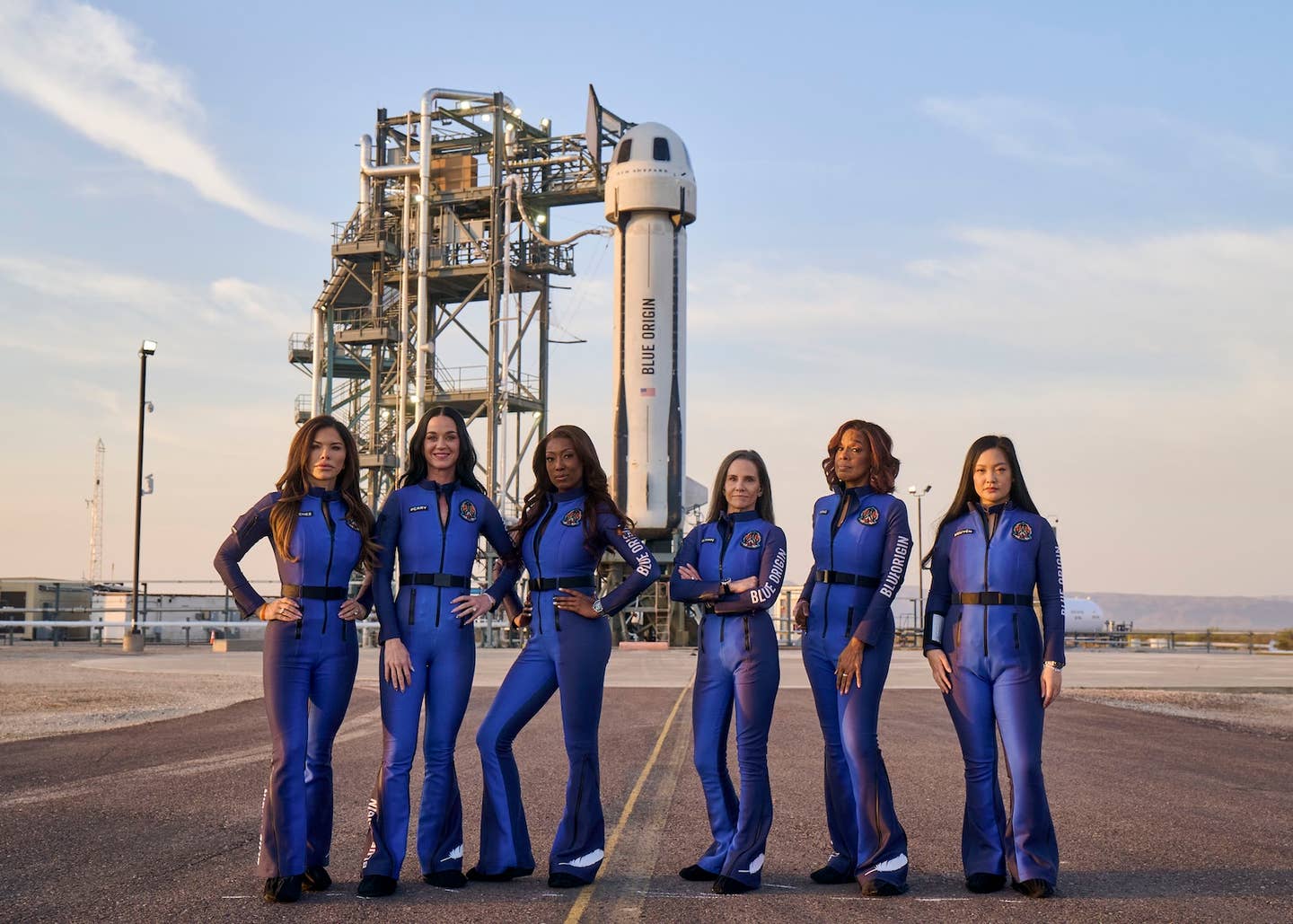Flying Car Lifts Off Over the Streets of California
Alef Aeronautics’ Model Zero, an ultralight version of its Model A, completes a test flight on a public street in a California city.
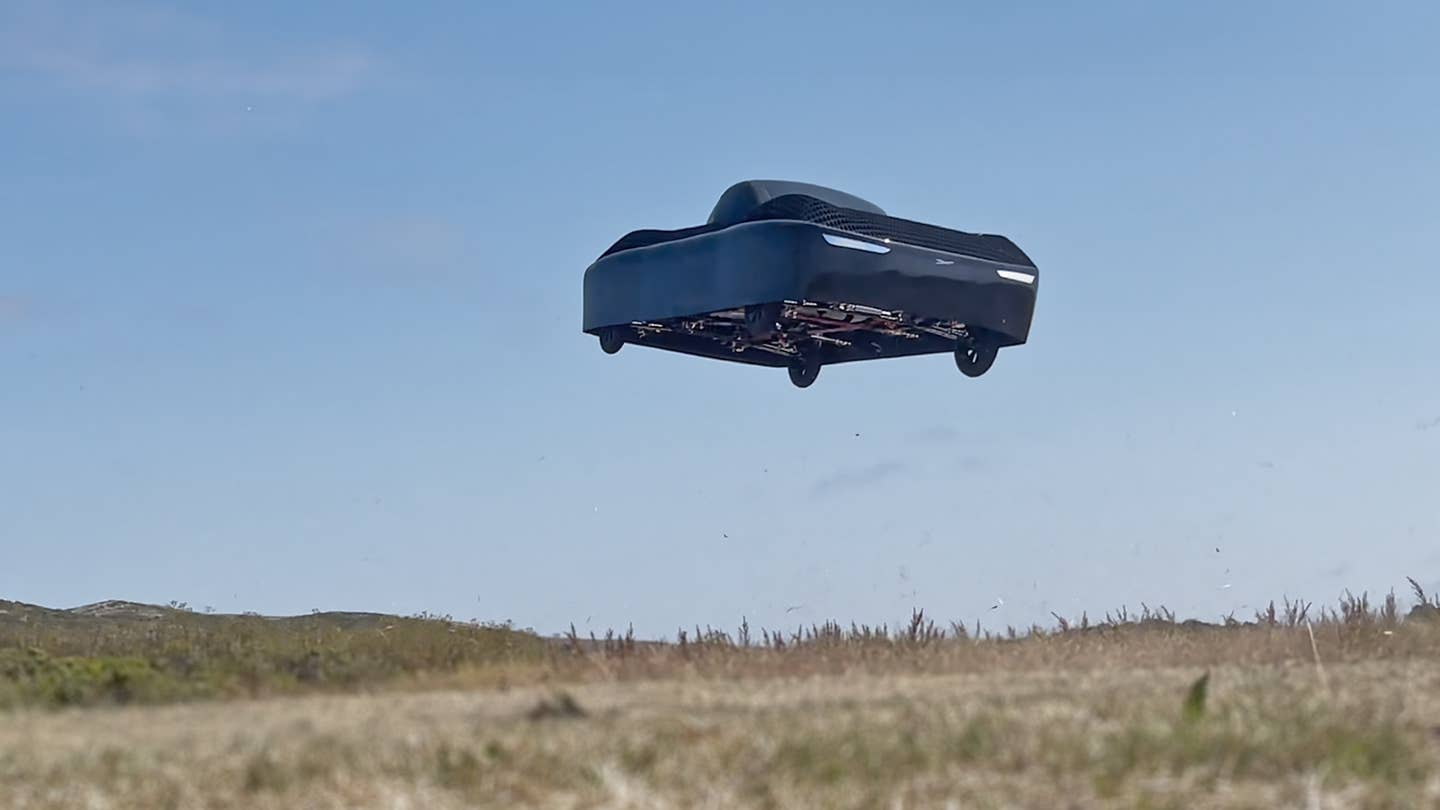
Alef Aeronautics’ Model Zero prototype flying car lifts off on a test flight, one of several the manufacturer made public in February. [Courtesy: Alef Aeronautics]
Last week, a real-life flying car took to the skies over California.
The test flight of the Model Zero—a drive-and-fly prototype built by San Mateo, California-based Alef Aeronautics—lasted only a few moments. But according to Alef, a video of the flight making the rounds on social media is the first documentation of a car driving and taking off vertically on a city street.
“This drive and flight test represents an important proof of technology in a real-world city environment,” said Jim Dukhovny, CEO of Alef, in a news release. “We hope it will be a moment similar to the Wright brothers' Kitty Hawk video, proving to humanity that new transportation is possible.”
The FAA last year awarded Alef a special airworthiness certificate (SAC) that allowed it to begin flight testing. Other so-called flying cars, such as Samson Sky’s Switchblade or Jetson’s Jetson One, have also begun testing, as have electric vertical takeoff and landing (eVTOL) air taxis. But according to Alef, they are not “true” flying cars because they rely on wings or runways. And many of those test flights have been tethered. Alef instead envisions being able to leapfrog over freeway traffic.
A video shared by Alef shows the Model Zero lifting off the street like a helicopter and flying over a second parked car before touching down on the other side. The company said the public road was closed off and cleared of bystanders.
"The FAA ensures the safety of the non-participating public during aircraft test flights," the FAA told FLYING. "We do not comment on activities around specific certification projects."
Dukhovny on his LinkedIn profile shared an interview with NBC News, which was permitted to watch a separate, off-road Model Zero test flight from about “half a football field away.” In the post, the Alef boss said the prototype has been flying for years. But the company did not share videos of that testing, Dukhovny said, to protect its intellectual property and “make sure the car is safe enough for consumers before we actually show it.”
“We’re trying to make science fiction a reality,” Dukhovny told NBC News.
Alef said the test flights involved an ultralight variant of the Model Zero, a prototype of the Model A flying car it plans to sell for $300,000. The firm says it has received about 3,300 preorders for the Model A and aims to launch production by next year. In September, it signed a manufacturing agreement that aims to produce aviation grade, certifiable parts.
Alef’s 2023 press conference unveiling the Model A concept provides most of the information known about the vehicle. According to Dukhovny, it will have room for a driver/pilot and one passenger, capable of traveling 200 sm on the ground and 110 sm (95 nm) in the air. Propulsion comes from eight propellers embedded in a mesh layer encasing the driver’s seat.
In the air, Dukhovny said, the vehicle is designed to rotate so that its left and right sides become upper and lower wings, allowing it to fly forward. The driver’s seat—now a pilot’s seat—would gyrate to face what was the vehicle’s roof in car configuration. But so far there are no videos of that transition happening.
Alef will face a steep road to certifying the Model A in the U.S. and intends to get clearance in other countries first. It will need to meet safety standards for both automobiles and aircraft, costing time and money, and could be limited in what it can do as a result. For example, Dukhovny initially plans to certify it as a low speed vehicle, which would cap its speed at just 25 mph on public roads.
Flying poses regulatory hurdles as well, particularly in cities. Manufacturers like Archer Aviation and Joby Aviation, which aim to launch electric air taxi services in urban areas, have been working with the FAA toward certification for years. But even with support from the U.S. military, those aircraft have yet to fly paying customers.
“It’s [going to] be a slow, incremental approach, which is good for legal integration, which is good for consumer integration,” Dukhovny told NBC News.
Like this story? We think you'll also like the Future of FLYING newsletter sent every Thursday afternoon. Sign up now.

Sign-up for newsletters & special offers!
Get the latest FLYING stories & special offers delivered directly to your inbox

